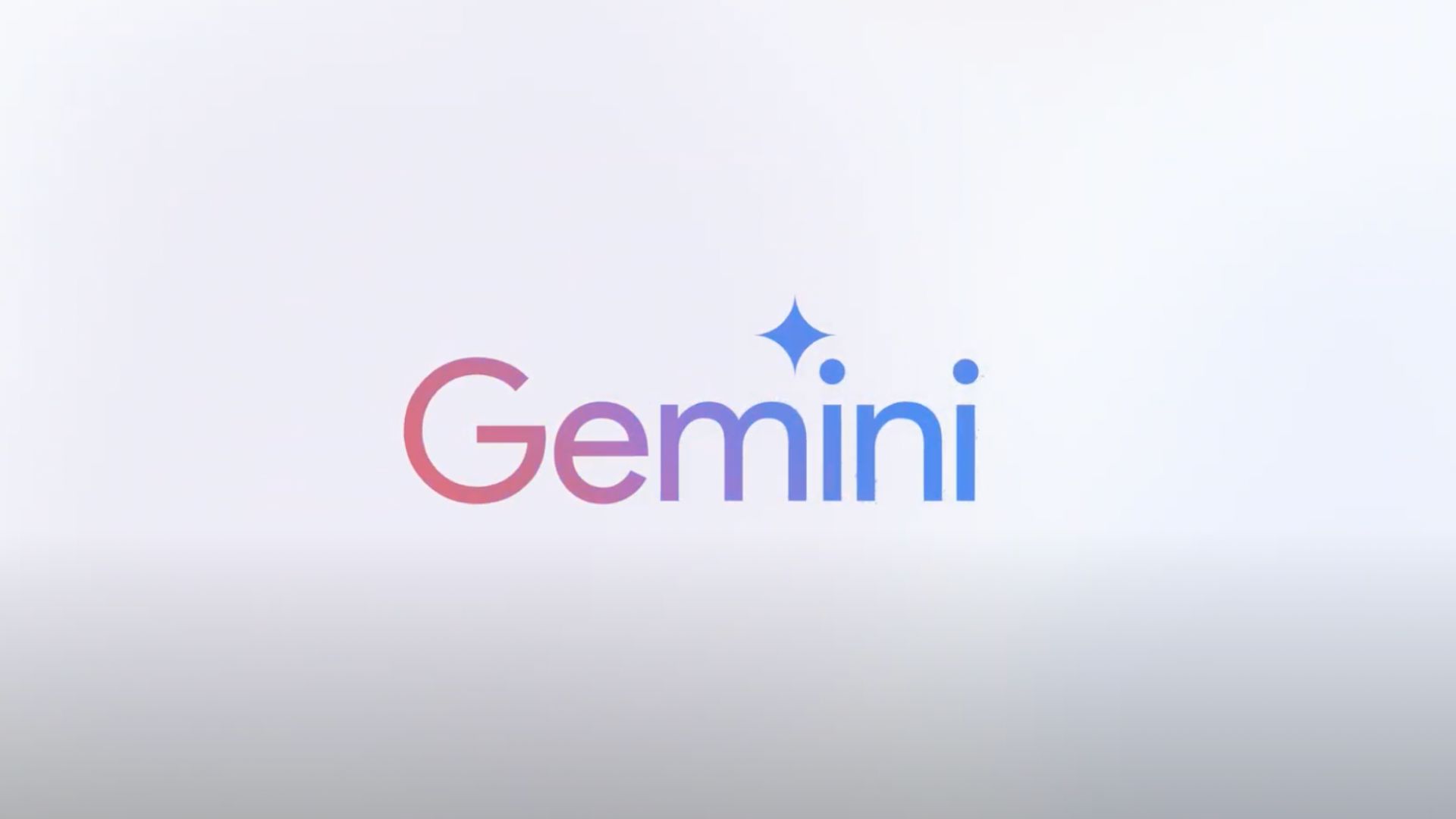Luna is both a safe bet and Amazon's best idea in years
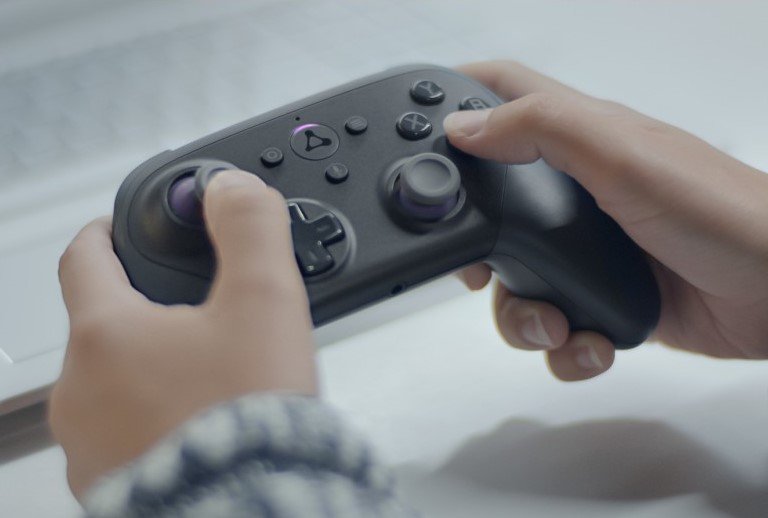
Traditional gaming devices are in their own slow death spiral. You can like that or hate that or disagree with it, but you no longer need a PC or a console to play the latest AAA games on an assortment of devices with screens big or small. Gaming is really becoming like Netflix, just as we were promised.
No matter how you feel about it, you're probably surprised that Amazon seems to have figured out the best way to make it happen. I know I was, but thinking about it a little more tells me I probably shouldn't be. Amazon is in the perfect position to offer its Luna game streaming service and make it better than the competition because it sees where the competition is screwing it up. And if Amazon still gets it wrong, so what? It can just scrap the idea and keep on being the company that feeds the richest human being on the entire planet.
What is Luna and how does it work?
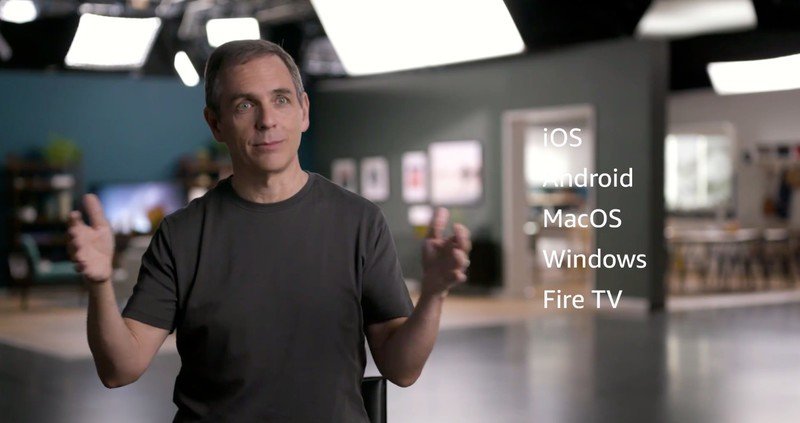
So what is Luna? It's a game streaming platform that requires neither a physical console nor the purchase of individual games. It also skirts around old conventions of what we think of when we call something a game console.
This is one of the important bits because it's a way for Amazon to do two very important things — leverage its gigantic cloud infrastructure and get the service onto the iPad or iPhone of every user who wants it.
Yes. Luna works with the iPhone.
A Luna controller is like a Chromecast with a joystick. No matter the platform (though Android isn't supported at launch for some crazy reason) you are telling the Luna controller to connect to an Amazon cloud server and play a game. You're not telling your phone or a Fire TV stick to connect to an Amazon server, you're telling the controller to do the work.
All your phone, or tablet, or even television needs to do is connect its screen to some hardware inside the Luna controller that plays back what's happening on that giant Amazon server in the cloud. Think of it as playing the game while also live streaming it to your phone and you have the general idea of how it works.
The controller does the work and the device connected to it really only plays it back like a video. That opens up a couple of cool features like being able to switch devices on the fly — as long as you've "paired" the Luna controller, this transfer should be seamless, like hitting the pause button. But it also means that nothing Luna is doing needs to go through Apple's approval process. iOS on both tablet and phone, as well as macOS, are supported from day one — something other game streaming services can't boast about but wish they could.
Get the latest news from Android Central, your trusted companion in the world of Android
The whole iOS thing is really important but chances are it's all just a side effect of the way Amazon is making sure that every device, no matter how strong or weak its hardware may be, can have the same Luna experience.
The channels will make or break Luna
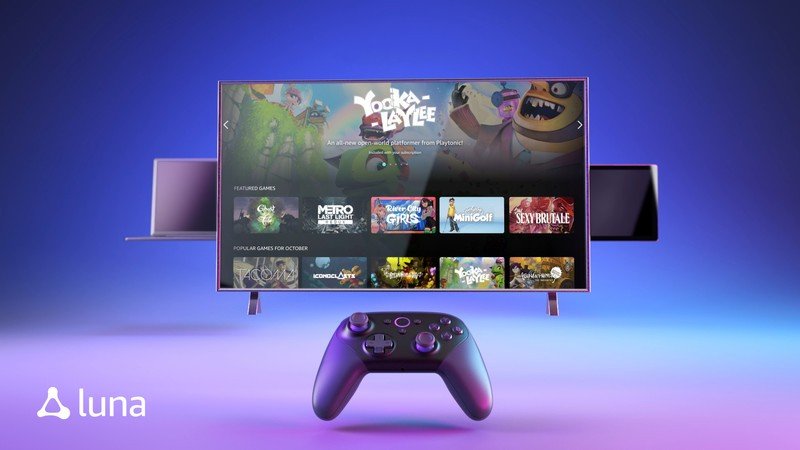
Amazon Luna has some cool baked in Twitch features like being able to drop in to a game you see your favorite streamer playing (not the same session, just the same game) but we don't yet know how well that's going to work or if it's something we even want to be able to do. But Luna's biggest feature is the whole channels content model.
A quick refresher on how it all works is in order. You buy your Amazon Luna controller and a basic premium Luna experience costs you $5 a month. That $5 gets you access to about 50 games, and not all of them are crap:
Introducing the Luna+ game channel. During Early Access, we'll have popular games like Control, Resident Evil 7, GRID, Yooka-Laylee and The Impossible Lair, and Brothers: A Tale of Two Sons. Our goal is to make sure there is always something to play for everyone in the family. And, this is just the beginning–there is much, much more to come.
To sweeten the mix, Amazon will also introduce channels. The first named channel comes from Ubisoft but we're told others are in development.
Amazon also announced a new gaming channel with leading global video game publisher Ubisoft, available directly through Luna. Players who subscribe to this channel will have access to their favorite Ubisoft titles in up to 4K resolution, mobile gameplay, and access to new titles like Assassins Creed Valhalla, Far Cry 6, and Immortals Fenyx Rising the same day they release. This is the first of multiple Luna publisher game channels in development, where customers can play games from their favorite publishers and genres.
We don't know how much each channel will cost, but if priced correctly this could be a great way to make your library look like one you would actually buy instead of the spaghetti a gaming publisher or studio would throw at you.
Luna can fail and the rest of Amazon wouldn't even notice
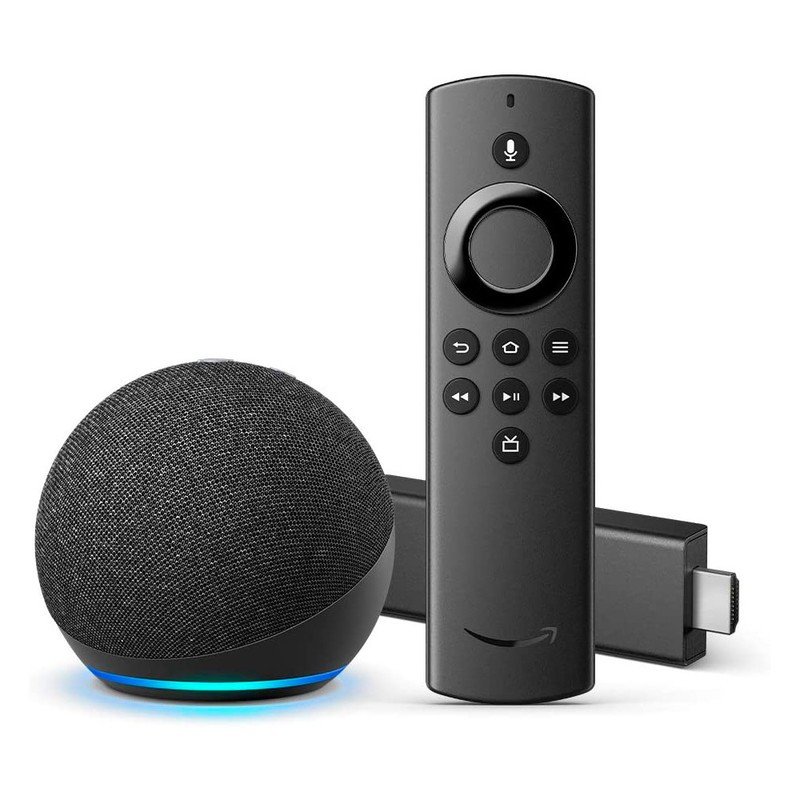
Amazon has a lot in common with Microsoft's Xbox Game Pass and Google's Stadia when it comes to the potential of running a successful game streaming service. You need a giant cloud infrastructure, employees who are passionate and brilliant, and very deep pockets. Things diverge a bit and you see companies like Microsoft and NVIDIA on one side of an imaginary line while Google and Amazon are on the other. Amazon and Google aren't game companies, and if either fails here it's little more than a tiny dip on a chart that shows profits and losses.
Luna is but a tiny blip on Amazon's financials for 2020 and beyond.
This is really important because it gives both companies the freedom to try different types of streaming models. Google's not really exploring this but Amazon's channels for Luna+ do. I might want a Ubisoft channel to play Rainbow 6. You might want an EA channel to play Madden. We both might want an indie channel to play Spelunky 2. All Amazon needs to do is negotiate a contract and focus on value, something Sony could learn from after pricing individual PS5 games at $70.
The Xbox and GeForce brands don't have this luxury. These are gaming companies and people have higher expectations because of it. This means problems with Apple, not having the titles people want and connection or complexity errors make for very unhappy gamers. Gamera who already may have expected too much because of the company logo. Microsoft and NVIDIA just can't be allowed to fail the same way Stadia or Luna can.
I don't think Luna will fail. It may not be the rousing success that Amazon is hoping for (looking at you, Stadia) but it should still be around come the time next year. It all depends on how Amazon can curate and maintain the channels.
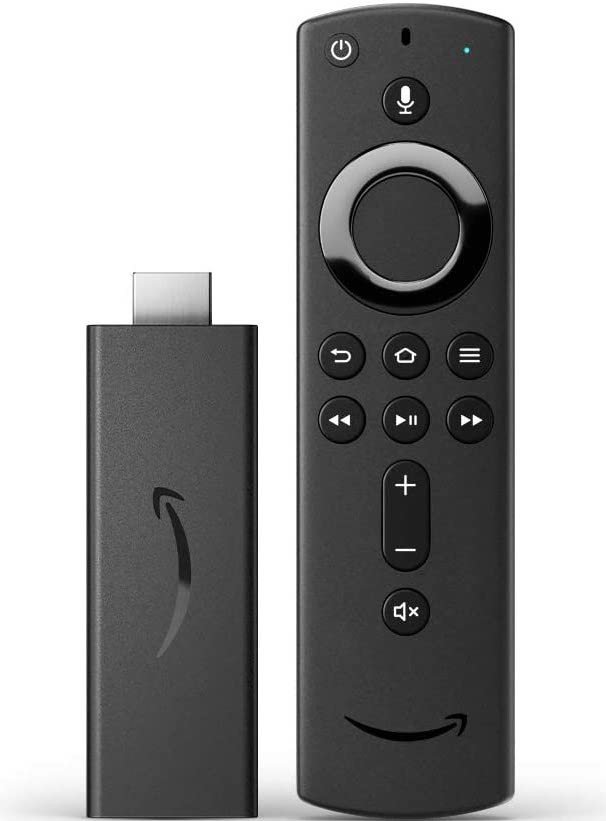
Amazon Fire TV Stick (2020)
Amazon's updated Fire TV stick is twice as fast as last year's model and comes with an updated remote for easier access to TV controls. It will also let you game on the big screen easily with Luna whenever you get invited to try it.

Jerry is an amateur woodworker and struggling shade tree mechanic. There's nothing he can't take apart, but many things he can't reassemble. You'll find him writing and speaking his loud opinion on Android Central and occasionally on Threads.
